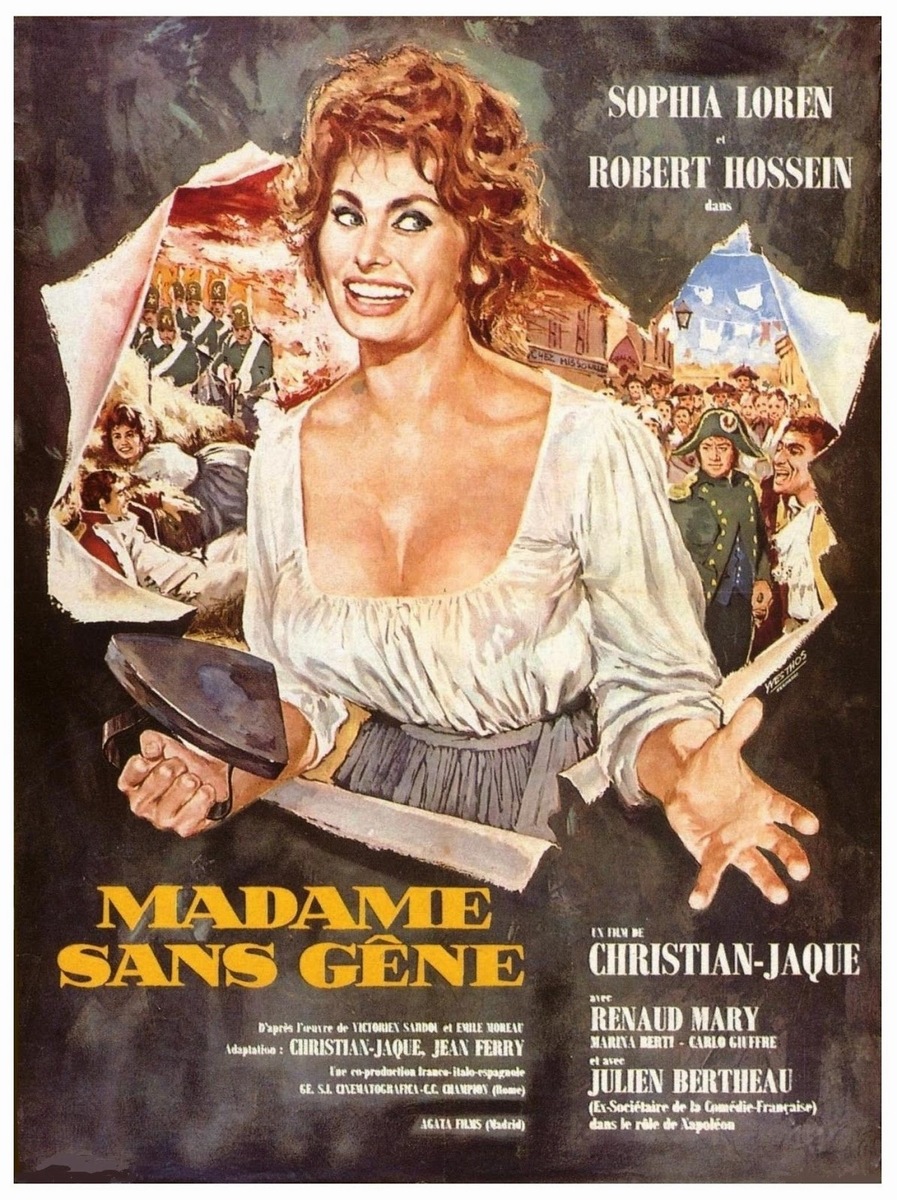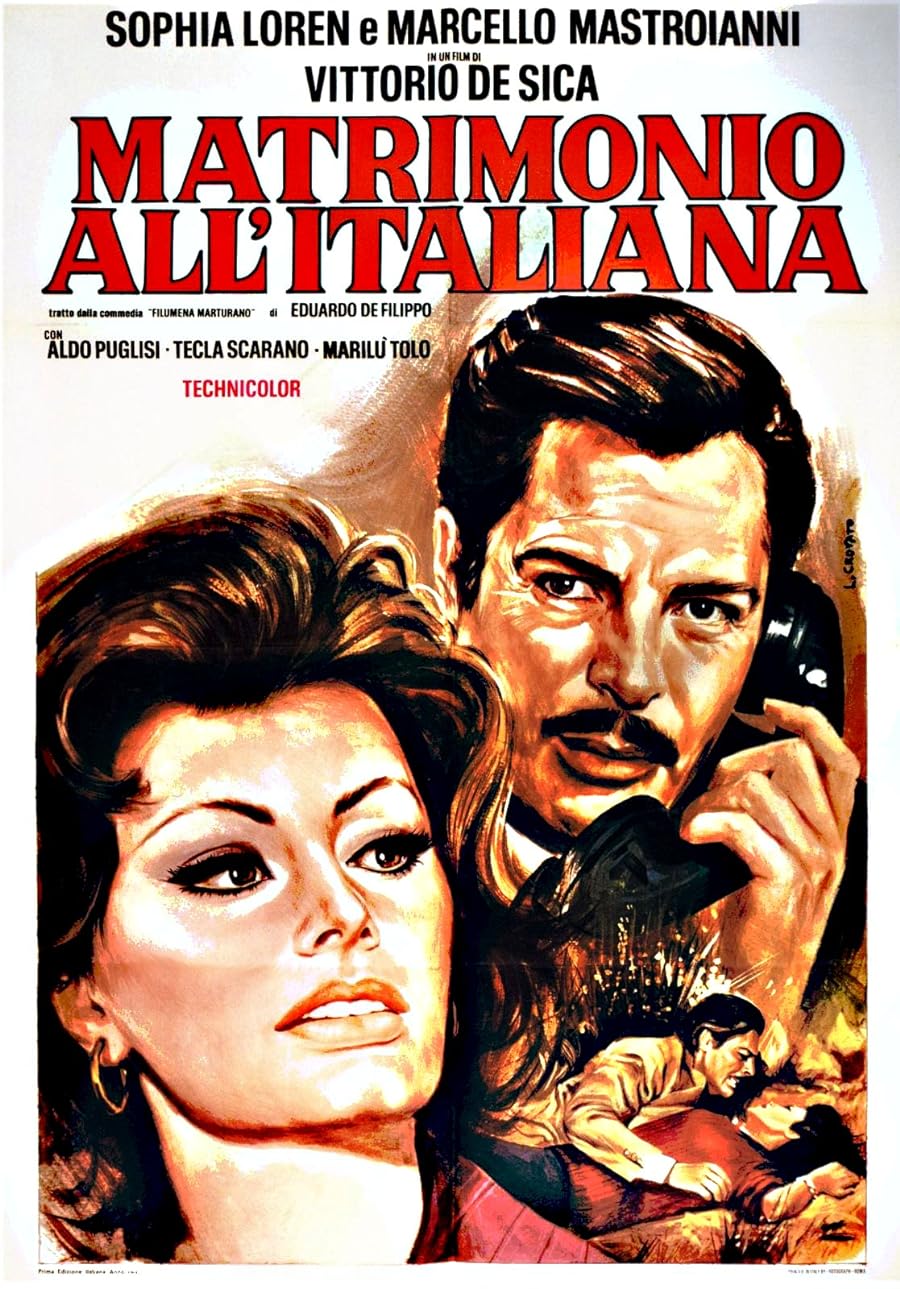Firepower (aka Fire Power) is a 1979 British thriller film directed by Michael Winner and starring Sophia Loren, James Coburn, O. J. Simpson and Eli Wallach. It was the final film in the career of actor Victor Mature. The film was poorly reviewed by critics who objected to its convoluted plot, though the lead performances and filming locations were generally praised
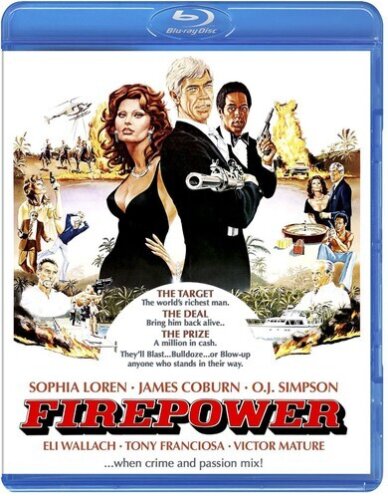
FIREPOWER, directed by Michael Winner; screenplay by Gerald Wilson; story by Bill Kerby and Mr. Winner; directors of photography, Robert Paynter, Dick Kratine and Richard Kline; editor, Arnold Crust; music by Gato Barbieri; a Scimitar Films Production; produced by Mr. Winner; released by ITC Entertainment. At Loews State I, Broadway and 45th Street; Orpheum, 86th Street and Third Avenue, Bay Cinema, Second Avenue and 31st Street and other theaters. Running time: 104 minutes. This film is rated R
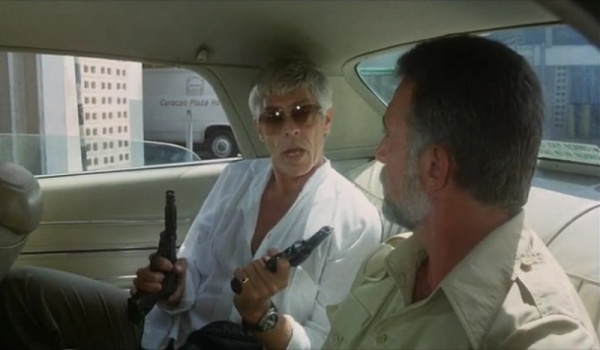
Firepower is a British action adventure film made by Michael Winner in 1979. The main witness of the planned process against drug underworlds king is murdered. His wife Adele Tasca (Sophia Loren), to reunite with his former lover Jerry Fanon (James Coburn), a professional killer and together with another adventurer of occupation Catlett (O.J. Simpson) decides to lead a ruthless war against the Mafia´s seemingly impregnable fortress
An explosive plot to kidnap a corrupt billionaire set against New York, Miami, Washington, and the Caribbean… when you have International superstar Sophia Loren involved, this is one Firepower!. Carl Stegner (George Touliatos) is wanted by the US government for fraud, bribery and corruption. But before Stegner can be indicted, his top scientist with the evidence is murdered. Adele Tasca (Sophia Loren, Two Women, Blood Feud), the murdered man`s widow, suggests Stegner`s kidnapping to the Justice Department. She recommends Jerry Fanon (James Coburn, Cross Of Iron, In Like Flint), her former lover and professional bounty hunter, to catch her husband`s killer and bring him back to face justice. Fanon and Adele enlist the aid of Catlett (O J Simpson, Killer Force, The Naked Gun), a powerful, professional thief and together they embark on the deadly mission. The top-notch supporting cast includes Eli Wallach (The Good, The Bad And The Ugly), Tony Franciosa (Tenebre), George Grizzard (Advise And Consent), Vincent Gardenia (Death Wish), Billy Barty (Foul Play) and a special guest appearance by Victor Mature (Kiss Of Death, Violent Saturday), and directed by action veteran Michael Winner (The Stone Killer, The Wicked Lady). Catch Firepower, now from a brand new HD master
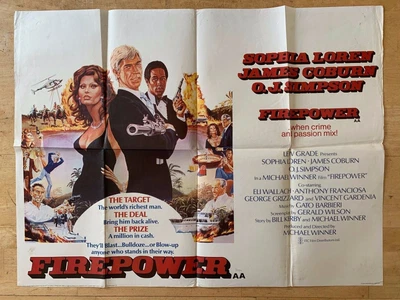

U.S. Distributor: Warner Brothers
Run Time: 1:35
U.S. Release Date: 1995-12-22
MPAA Rating: “PG” (Profanity)
Genre: COMEDY
Subtitles: none
Theatrical Aspect Ratio: 1.85:1
Grumpier Old Men was directed by Howard Deutch, with the screenplay written by Mark Steven Johnson and the original music score composed by Alan Silvestri. Meredith developed Alzheimer’s disease and had to be coached through his role in the film. He died in 1997
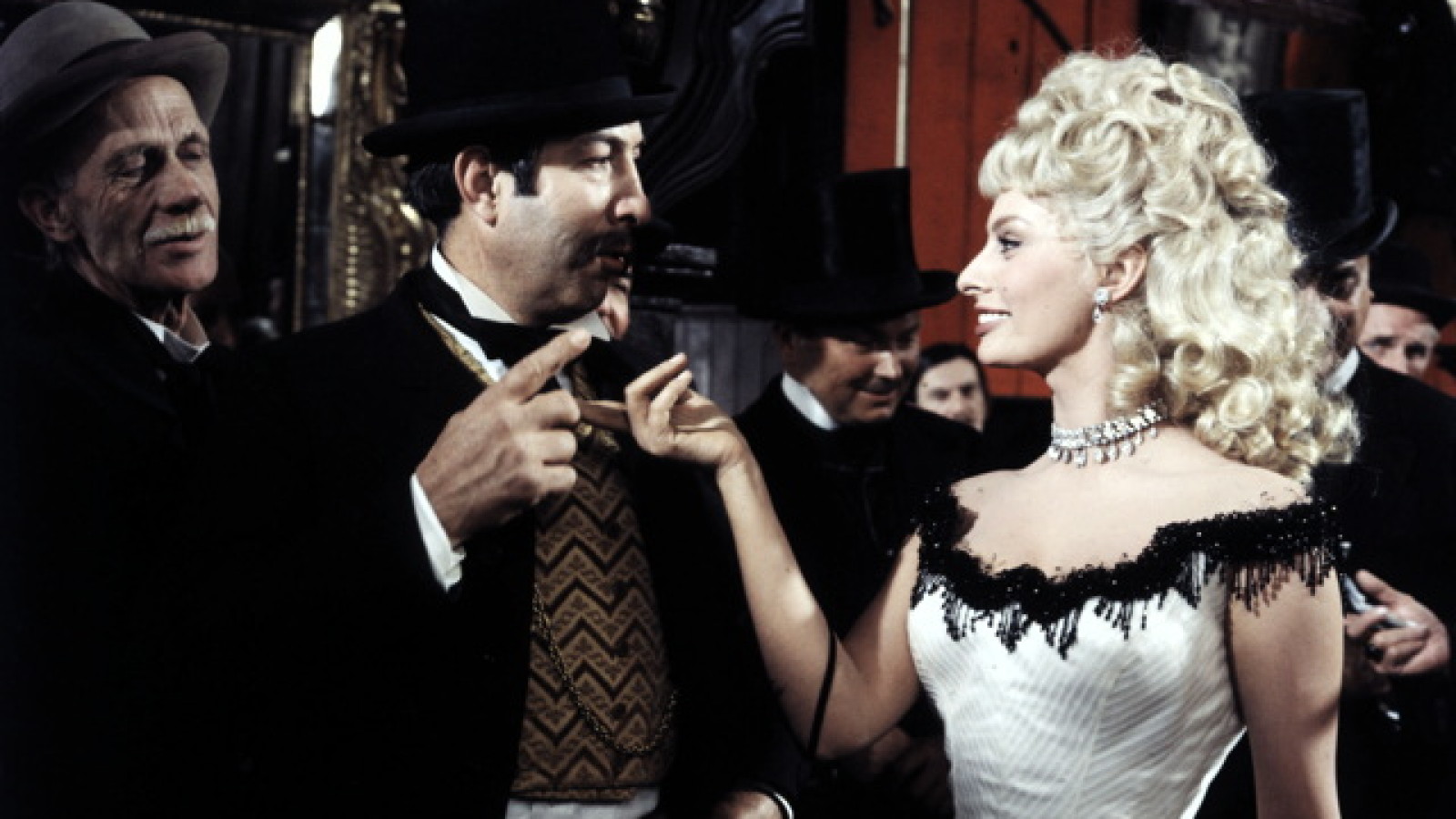
The movie is noted for its lavishly ornate costumes by Edith Head and its unique visual style influenced by technical advisor George Hoyningen-Huene
As in L’Amour’s novel, there is no character in the film named Heller

A Western in name only, Heller in Pink Tights is an imaginative, formally daring reflection on the relationship between art and life. Sophia Loren plays the star of a theater troupe touring the Old West, with Anthony Quinn as her poker-faced husband and Steve Forrest as her hired-gun object of desire. The result is a warm-blooded romantic comedy packed with teases and deceptions and mutual desires, one of Cukor’s most sexually outré films. But it’s also an aggressively stylized meta-movie in which every onscreen magic trick or optical illusion, every splotch of bright primary color, and every tongue-in-cheek nod to Western genre convention suggests either that the movies are radically divorced from real life, or that life itself is a game—or both
Starring Cary Grant, Loren, Martha Hyer and Harry Guardino, the film was written by Shavelson and Jack Rose on the basis of an original script by Grant’s wife at the time, Betsy Drake. It was released on November 19, 1958
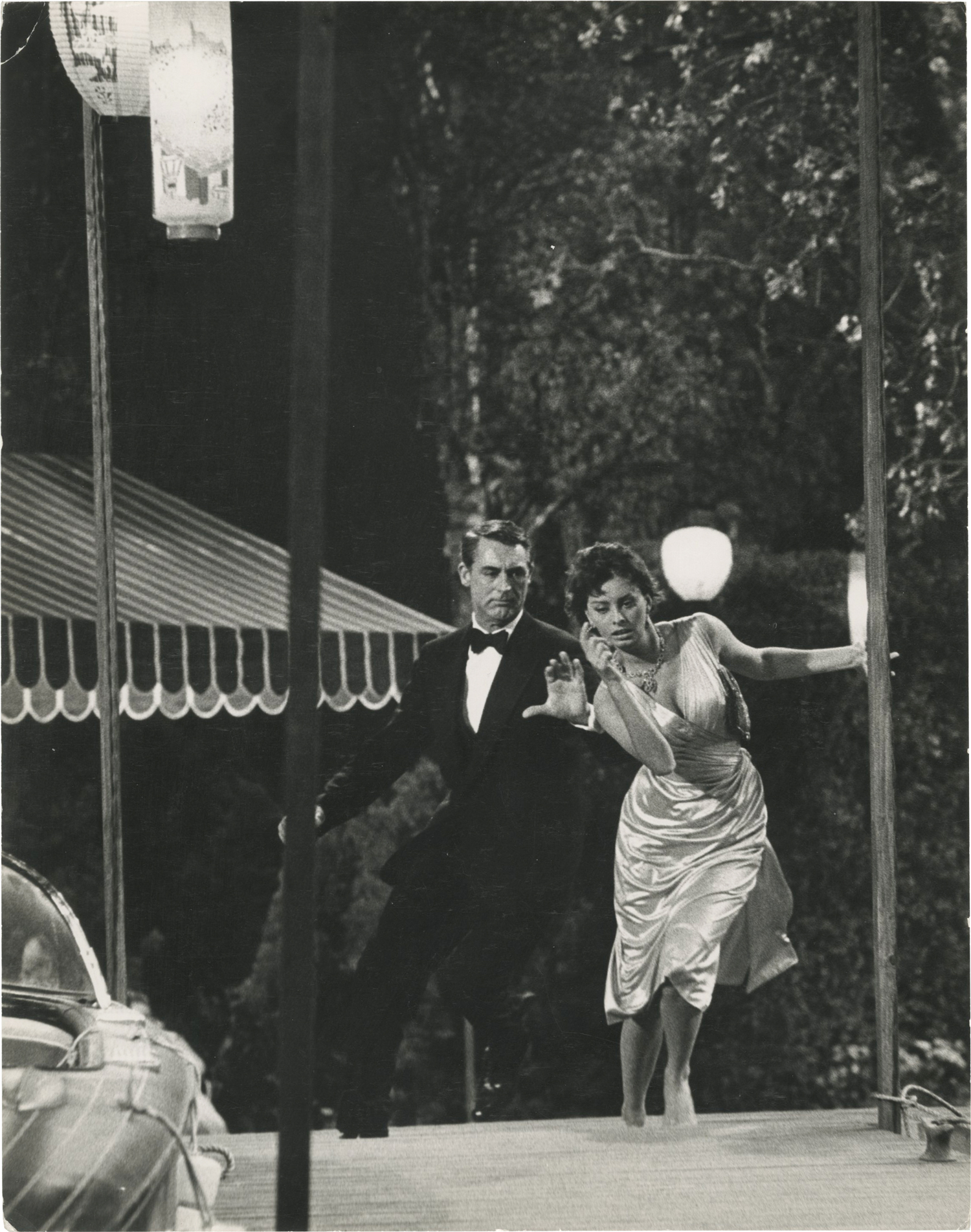

The film was released by Paramount Pictures on August 7, 1960
1960) Uptight Philly lawyer Clark Gable, in Italy to team up with roving-eyed Vittorio de Sica to settle his black sheep brother’s estate, finds he’s an uncle. And illegitimate Marietto is now an impish street kid looked after by his night club thrush aunt Sophia Loren. With dazzling scenery – Italy’s and Loren’s – and her classic song “You Want to be Americano.” 35mm Technicolor print courtesy UCLA Film & Television Archive. Approx. 100 min
Judith is a 1966 drama film made by Command Productions, Cumulus Productions and Paramount Pictures. It was directed by Daniel Mann and produced by Kurt Unger from a screenplay by John Michael Hayes, based on the story by Lawrence Durrell. The music score was by Sol Kaplan and the cinematography by John Wilcox

This is why you hire Sophia Loren. In the middle of a complicated story she provides the emotional anchor.. And she can do it without words. A few close-ups are all you need to guess at her inner turmoil in a world where, as with Play Dirty (1968), the individual is disposable. The good guys here, Israelis fighting for survival at the rebirth of their country, are every bit as ruthless as the commanding officers in the World War Two picture

And it’s just as well because the tale is both straightforward and overly complex. Like Cast a Giant Shadow, out the same year, or the earlier Exodus (1961), it’s about the early migrants staving off Arab attempts to destroy the tenuous foothold Jewish immigrants on the land with the British, stuck in the role of maintaining law and order, cracking down on illegal landings of refugees and arms smuggling. But where the earlier movies take the war to the enemy, this is all about defence, holding on to hard-won positions
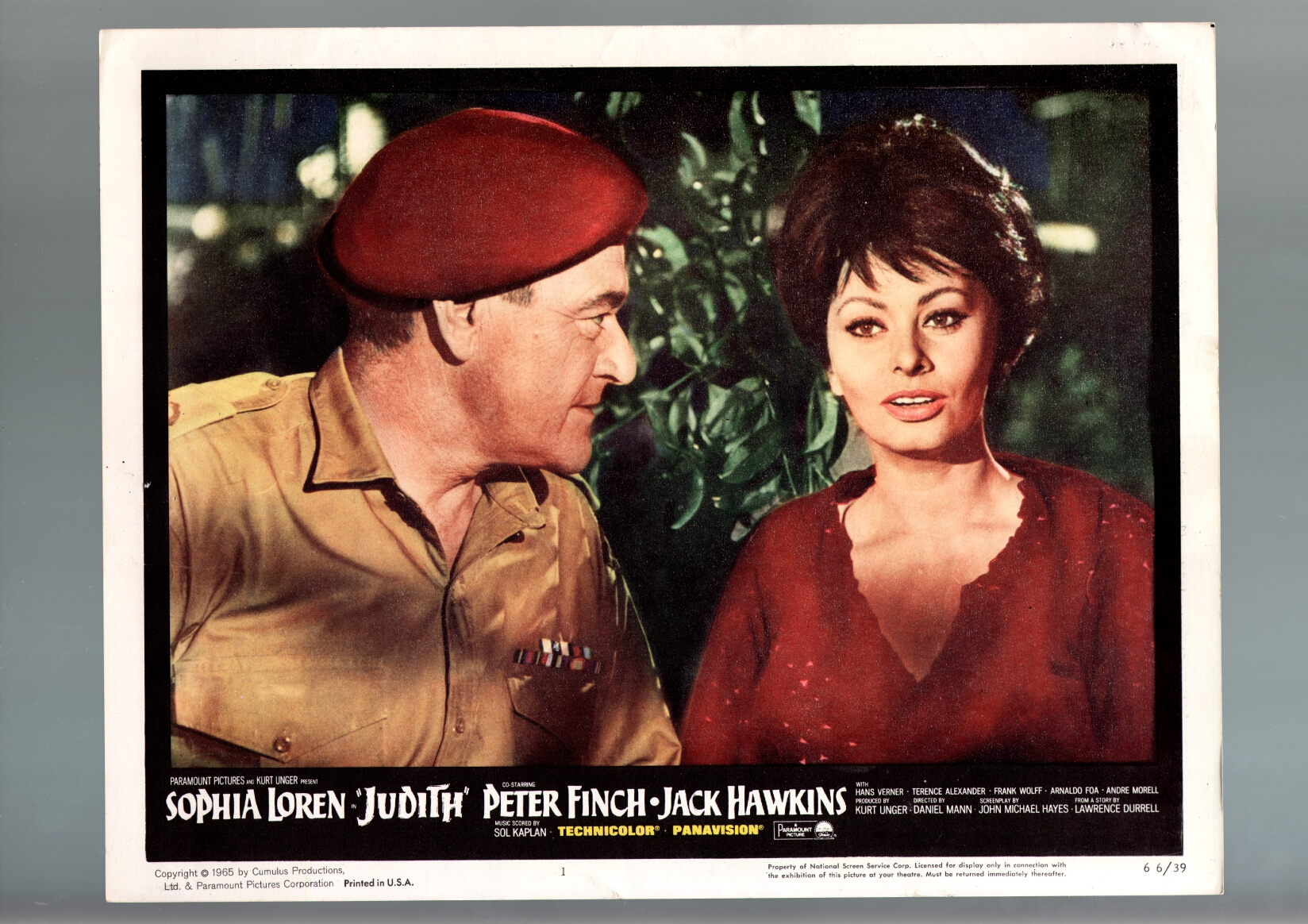
Israeli leader Aaron (Peter Finch) discovers General Schiller (Hans Verner), a former German WW2 commander wanted for war crimes, currently in charge of the Arab tank regiment, is planning imminent assault. After locating Schiller’s wife Judith (Sophia Loren), he smuggles her into Israel with the intention of using her as bait to kidnap the general

During the French Revolution, Catherine Hubscher, nicknamed “Madame Sans Gêne” for her outspokenness, improved the daily lives of soldiers by practicing her job as a laundress at the rear of the front. Among her clients, two simple officers: the brave and attractive Sergeant François Lefebvre as well as a young Corsican captain whom she whitewashes at her own expense. Lefebvre marries Catherine. Many years later, Napoleon conquered Europe at the head of the armies with the unfailing support of Lefebvre, who became Marshal. But the Maréchale denotes the court of the Emperor
Though financed by Italian producer Alberto Grimaldi and shot in Rome, the film is in English, with all principal actors either British or American, excepting Sophia Loren. (Gino Conforti, the Barber, is an American of Italian descent.) The film was released by United Artists and is known in Italy as L’Uomo della Mancha


JUST past a recent midnight, when the human and mechanical cacophony, that is Naples has died down, a string of trucks and jeeps began rapidly moving into position in Via Chiala, a central artery in the South Italian port city flanked by tall buildings. Rapidly, almost, silently, bulky film,equipment was unloaded and set up in nearby alieyways, on overhanging bridges and terraces. Just as quickly, word got around that something big was happening in Via Chiaia, and people began rushing up, isolated at first, then in groups. Neighborhood windows opened and sleepy Neapolitans came out on their balconies, staying to see the show below them. A group of “scugnizzi,” the indomitable children of Naples, sat down along one sidewalk fronting the camera position. A few of them played a busy, local version of poker; others watched, entranced but alert, as a silver‐haired gentleman strolled importantly to and fro imparting Instructions

The gentleman, everyone in Naples knew, was Vittorio DeSica, and he was instructing his cameraman, Roberto Gerardi, on just how he wanted to shoot the next scene of “Marriage, Italian Style,” a Carlo Ponti‐Joseph E. Levine production based on Eduardo DeFilippo’s well‐known play, “Filumena Marturano” and again teaming the director and the stars of the recently successful, “Yesterday, Today, and Tomorrow,” Sophia Loren and Marcello Mastrolanni. Among others in the cast of the $3,000,00 Eastmancolor ‐ widescreen enterprise which Embassy will release in most world areas are Ingrid Bergman’s daughter, Pia Lindstrom, Aldo Puglisi and Marilu Tolo
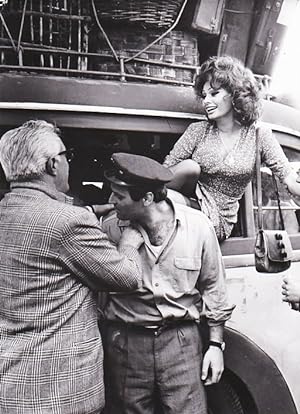
The story, according to a press release, deals with “the romantic antics and matrimonial machination of an ex‐call girl who is determined to marry the man who has been keeping her and thereby give legal names to her three fully grown sons, one of whom—though she adamantly refuses to tell which—has been father by her errant lover






